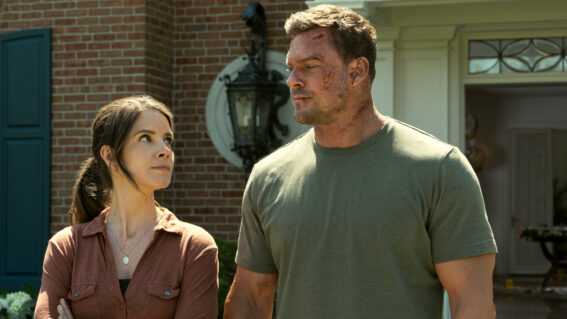Three great true crime productions to watch after The Staircase
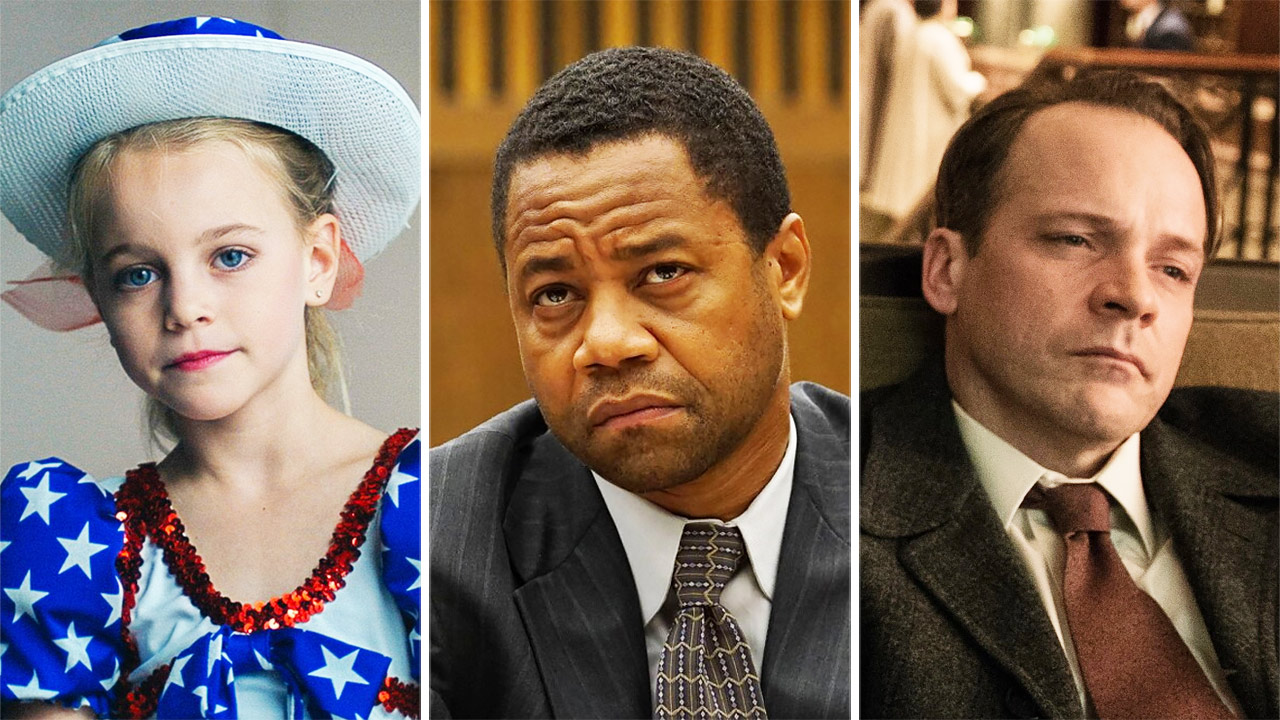
The Staircase is collecting rave reviews—but there are other stunning true crime productions you should address, including three absolute bangers picked by Luke Buckmaster.
Colin Firth’s performance as Michael Peterson in the acclaimed true crime dramatization The Staircase is necessarily vague: caught in a mode that must insinuate the possibility of something sinister and untoward. Those with even a passing familiarity with this story, which was turned into a well-known documentary series of the same name, know there’s a question mark above Peterson—particularly with regards to whether he murdered his wife Kathleen (as persecutors allege) or whether she died after accidentally falling downstairs in the early hours of the morning.
Despite Michael being the obvious perspective with which to frame the drama, the show—created by Antonio Campos—deviates to other people and scrambles its timeline. The purpose of this nonlinear approach is to give Kathleen (Toni Collette) presence and agency, making her a central part of the story. This sometimes intriguing stop-start structure—with Kathleen appearing for a while, then disappearing, and reemerging again—pushes the writers into the realm of the highly speculative, away from the facts and turning points of the case, while also clipping the momentum of Collette’s performance.
Reviews of The Staircase have been overwhelming very positive, most critics warming to a show that left me cold. The headline of Vanity Fair’s critique sums up the mood, hyperbolically describing it as “maybe the truest crime series we’ve got” and observing its “meta approach to the popular genre.” Its meta-ness comes through in elements such as the show’s depiction of ways Kathleen potentially died, the staging of multiple possible outcomes feeding into an underlying message that the filmmakers, like everybody else other than Michael, don’t know what happened—this shrugging of the shoulders representing the critic’s idea of a “truest” perspective.
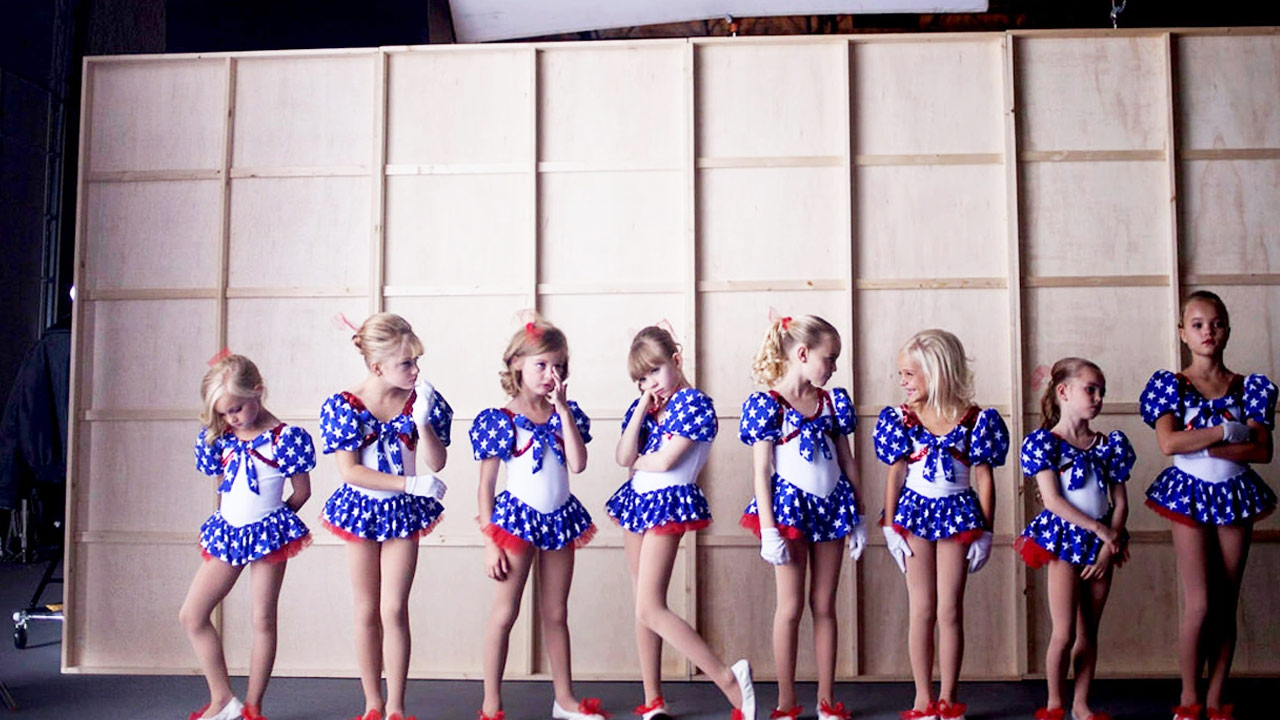
Going full meta—Casting JonBenet
The Staircase however is hardly the first production to convey this supposedly “truest” message, and nor is it the greatest example of uncertain outcomes presented in a meta style. For the true truest, and a brilliant example of a self-reflexive production that rearranges the very elements on which the true crime genre relies, check out Kitty Green’s 2017 film Casting JonBenet. In this sort-of documentary and sort-of drama, the director records actors who think they’re auditioning for roles in a production about the murder of JonBenét Ramsey—the famous child beauty queen killed at the age of six—not knowing that their audition videos will form the crux of it.
Green encourages the actors to speculate on the people, circumstances and mysteries surrounding and bogging down this well-known case. The film is a kind of whispering campaign of rumours and hearsay, designed to make us think about storytelling: how narratives are chopped up and rearranged, and actual events fictionalised, reality expanded to myth and legend. Matched with Synecdoche New York-esque images of actors and soundstages that draw attention to its own artifice, making a point that even the apparent chaos of Casting JonBenet is calculated, this astonishingly good film makes even meta-ish productions like The Staircase feel reductive.
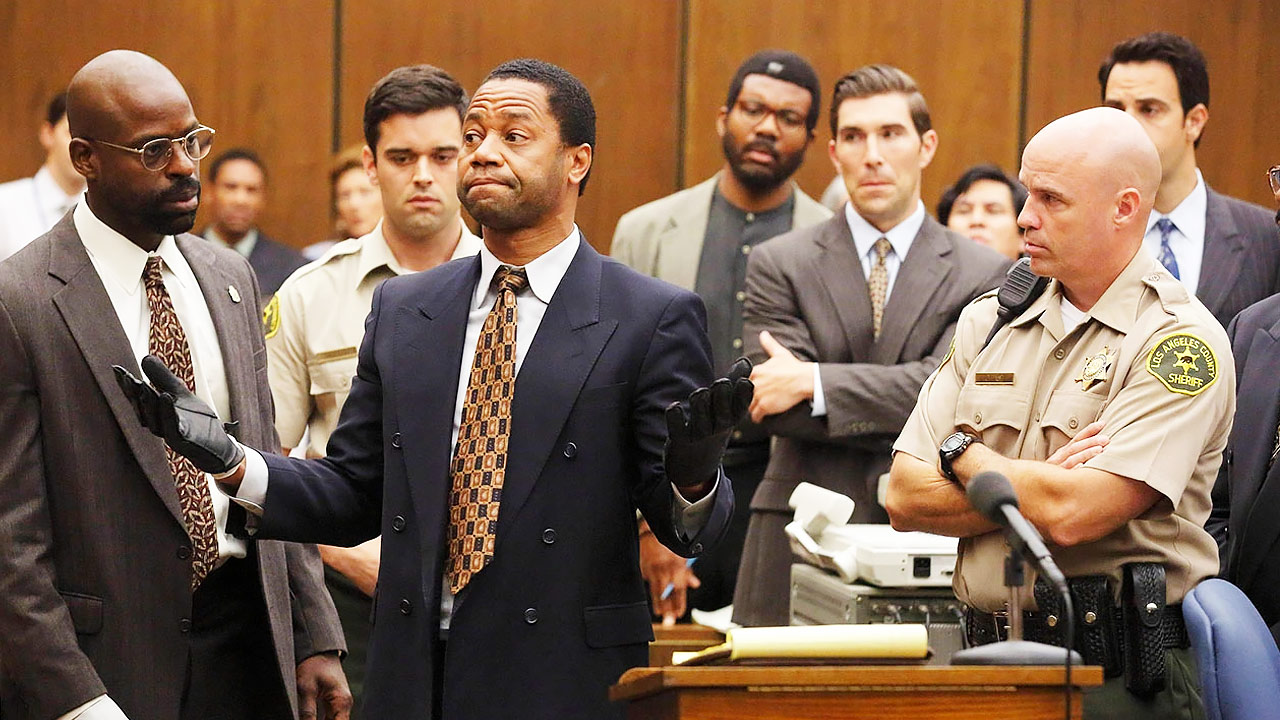
Following the case—American Crime Story: The People v. O. J. Simpson
Viewers aren’t always in the mood for mind-blowing true crime stories constructing cascading realities that fold in on themselves. Sometimes we want a more straitlaced approach using more conventional language of dramatization, while still being gripping and pacey—like The People v. O. J. Simpson—the first (and so far best) season of the anthology series American Crime Story. It’s more closely aligned to the turning points of its also famous case than The Staircase: still speculating, of course, but in pockets of drama themed around the case’s key developments.
Using these developments as a rough blueprint, the writers build out a web of characters and scenarios around known events that coalesce at key inflection points. In the second episode, for instance, which depicts Simpsons’ legendary chase down a Los Angeles interstate, the show avoids the obvious choice of remaining in the car and dramatizing the scene from OJ’s perspective. It develops other characters simultaneously—cutting to the office of prosecutor Marcia Clark (Sarah Paulson), who suggests, perhaps flippantly, the cops shoot out his tyres, and to Simpson’s attorney Robert Shapiro (John Travolta), who, pleased that Simpson is still alive, says to himself: “good for you, OJ…we’re still in the game.”

Blending documentary and drama—Wormwood
Speculating on things that might have happened is de rigueur in true crime stories. Despite that misleading “T” word they tend to be riddled with mysteries and maybes; indeed that is a large part of their appeal. A dramatic depiction of something that possibly happened is narratively comparable to moments in documentaries when interviewees suggest something that can’t be proven or disproven. Both elements come together magnificently in Errol Morris’ six-part series Wormwood, which investigates the death of a scientist, Frank Olson, who in 1953 fell from a hotel window. It was initially believed to be a suicide, but is more likely a result of a top-secret CIA experiment using LSD.
Olson is played by Peter Sarsgaard, the show commencing with the scientist in the hotel room, speaking on the phone to his wife then reading a bible. When he goes to answer the door and looks through the peephole, he sees—instead of the hallway outside—a surreal vision of a man in water, which becomes a visual motif.
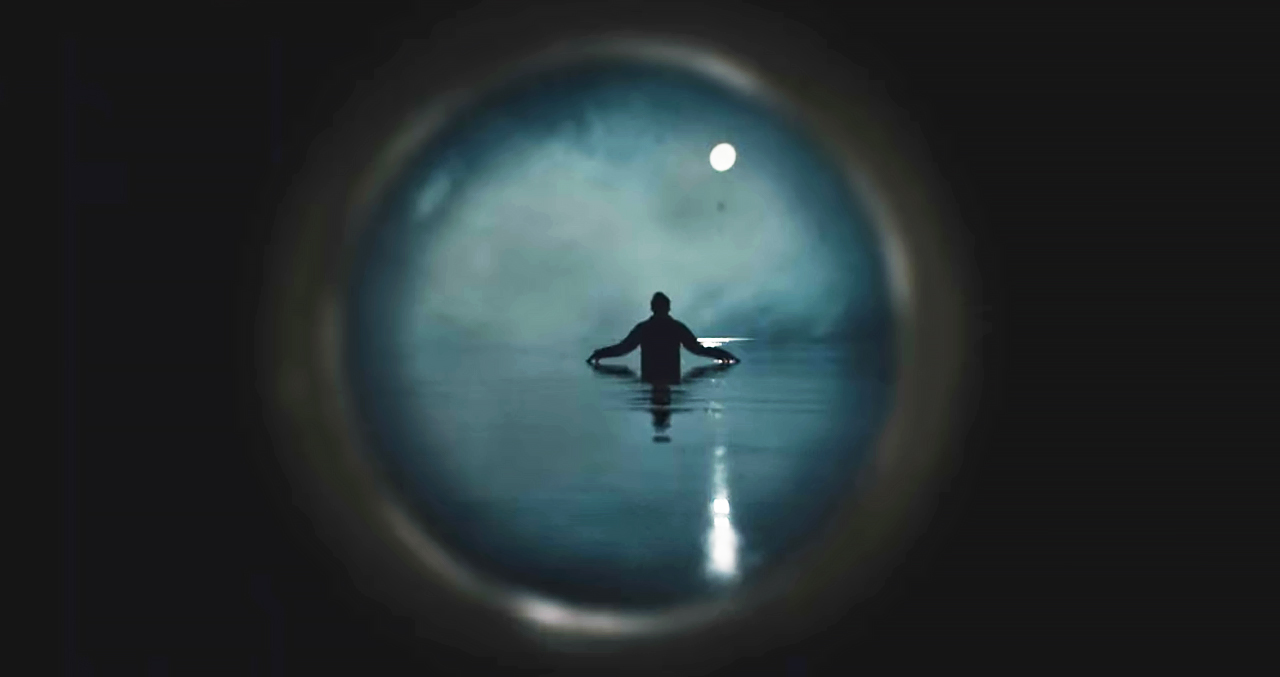
Morris, whose 1988 classic The Thin Blue Line presented a highly influential new template for crime scene reenactments, uses a full arsenal of cinematic techniques to evoke atmosphere—combining a deep, trembling, gut-wobbling score with gripping performances and a rich, musty look.
It’s rare for any true crime production—documentary or drama—to have this kind of atmospheric impact. Just as it’s rare (even more so) for a production to carve out a self-reflexive space anything like that in Casting JonBenet. That pair makes The People v. O. J. Simpson look boilerplate by comparison, but it’s a helluva ride; more of a popcorn-chewing experience. All are necessary viewing—and, for my money, superior to The Staircase.

















